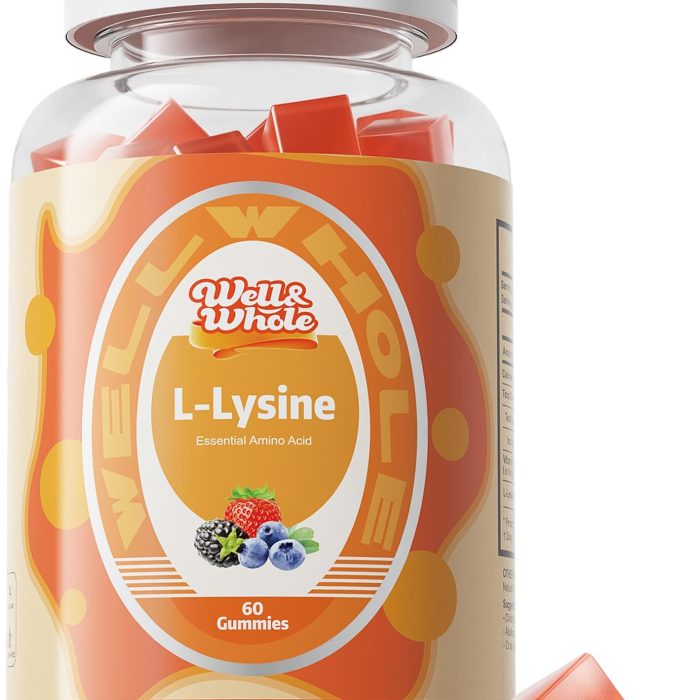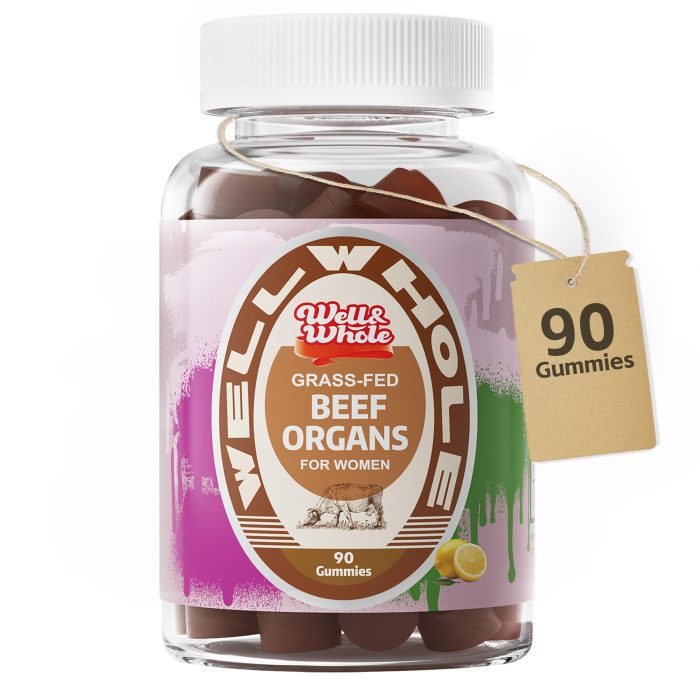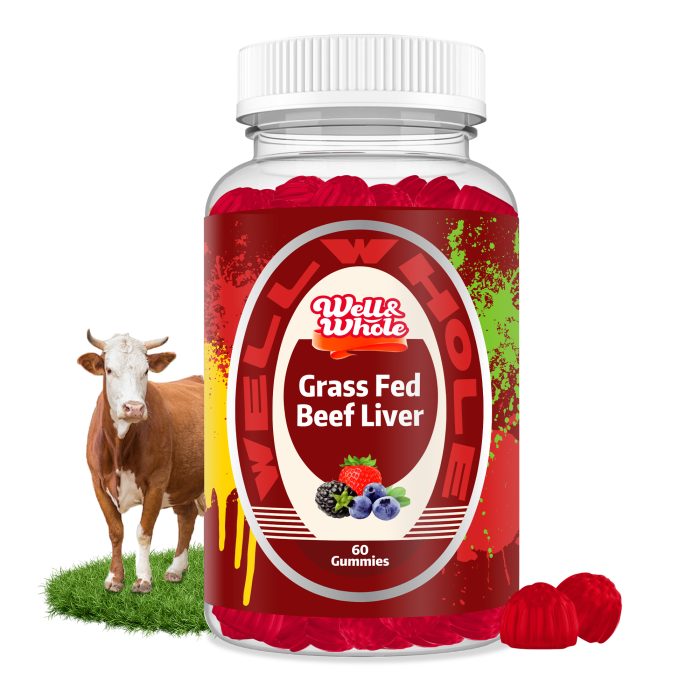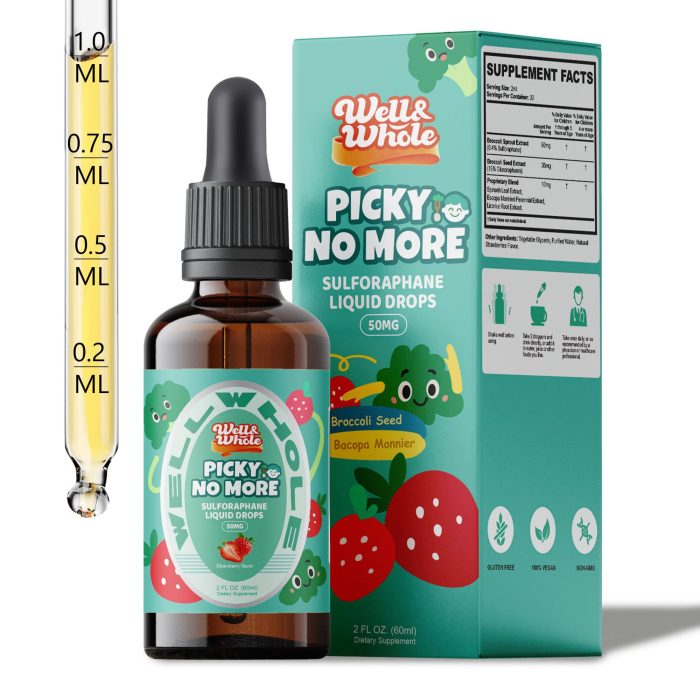Meeting Nutritional Needs: A Vegan’s Path to Complete Protein
As the vegan lifestyle gains traction globally, one of the most common questions posed by aspiring vegans and skeptics alike is how adherence to a plant-based diet meets all essential nutritional benchmarks — particularly obtaining the 9 essential amino acids. These amino acids are indispensable because the human body cannot produce them, necessitating their inclusion in diets. For vegans, who abstain from animal-origin protein sources, ensuring adequate intake requires knowledge, planning, and sometimes supplementation. Fortunately, Well&Whole offers comprehensive solutions with science-backed supplements designed to bridge gaps.
Understanding the Essentials
Proteins are comprised of amino acids, and only nine are considered “essential” due to the body’s inability to synthesize them. These include histidine, isoleucine, leucine, lysine, methionine, phenylalanine, threonine, tryptophan, and valine. Each plays a vital role in bodily functions, such as tissue repair, hormone production, and immune system maintenance.
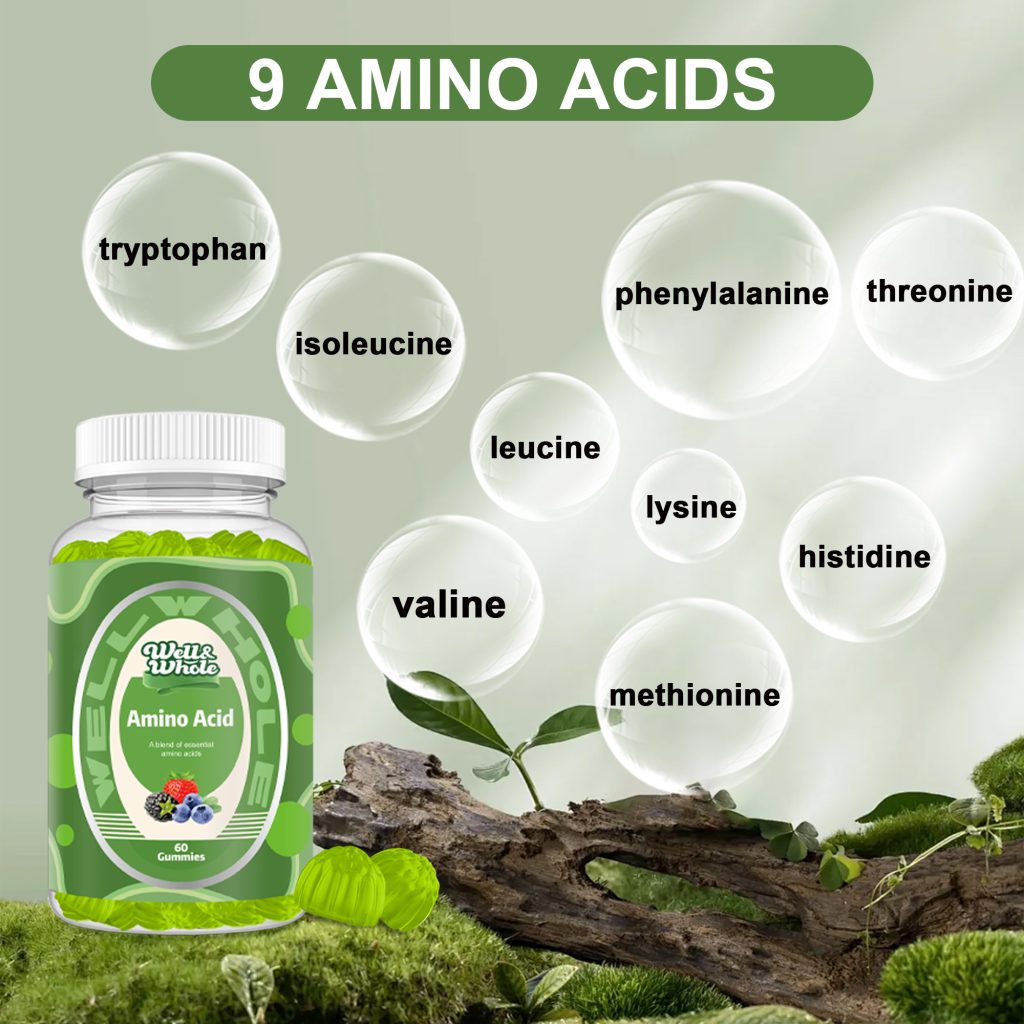
Plant-based foods often lack one or more of these amino acids, rendering some sources “incomplete proteins.” However, by combining complementary foods strategically, vegans can still achieve a well-rounded amino acid profile.
Common Protein-Rich Vegan Foods
Several plant-based staples offer high protein profiles, rich in essential amino acids:
- Legumes (Lentils, Chickpeas, Black Beans): Excellent sources of lysine and threonine, legumes often pair well with grains for completeness.
- Quinoa: One of the unique plant foods considered a complete protein, quinoa contains all 9 essential amino acids.
- Soy Products (Tofu, Tempeh, Edamame): Packed with all essential amino acids, soy-based foods are a cornerstone of vegan diets.
- Grains and Seeds (Brown Rice, Chia, Buckwheat): Highly digestible and rich in amino acids like methionine, these make ideal breakfast or snack options.
- Nut Butters and Almonds: Contributing to amino acids like phenylalanine, nuts are a satisfying snack with lasting energy.
The Art and Science of Food Pairing
Vegans often rely on the principle of food complementarity to ensure full amino acid coverage. For instance:
- Pair rice and beans, peanut butter on whole-grain toast, or hummus with sprouted grain crackers for balanced proteins.
This approach mimics the completeness of animal-derived proteins without sacrificing ethical values.
Does Vegan Supplementation Play a Role?
While it’s entirely possible for vegans to meet their amino acid needs through food alone, lifestyle factors like busy schedules, dietary restrictions, or physical demands may create gaps. That’s where Well&Whole can help.
Well&Whole specializes in vegan-focused health products, including premium amino acid supplements formulated to meet dietary deficiencies. Backed by rigorous testing and ethical standards, these supplements empower vegans to focus on their passions without worrying about nutrient deficits.
Science Speaks: Are Vegans At Risk of Protein Deficiency?
According to research in the American Journal of Clinical Nutrition, most vegans are not at risk for protein deficiency when their diets are well planned. However, lysine and methionine are often flagged as amino acids prone to deficiency on plant-based diets. This demonstrates the importance of knowledge and strategic food choices — or opting for reliable supplements to cover gaps.
Actionable Tips for Vegans to Optimize Protein Intake
To simplify protein consumption and enhance nutritional well-being, consider these steps:
- Diversify protein sources by rotating between legumes, grains, nuts, seeds, and soy weekly.
- Plan meals ahead to include intentional pairings for maximum amino acid variety.
- Stay informed about the nutritional profile of your favorite plant-based products.
- Incorporate Well&Whole’s plant-based protein supplements for additional support.
Why Trust Well&Whole?
Well&Whole offers cutting-edge solutions for nutrient support, built on a foundation of innovation, transparency, and commitment to sustainability. Every product is designed for optimal health, ensuring all customers — vegan or otherwise — are empowered to maintain active lives and vitality. With Well&Whole, supplementation aligns with both your health goals and sustainable ethos.
Final Thoughts
The journey toward nutritional adequacy as a vegan requires awareness — but it’s far from impossible or tedious. By mastering food combinations, embracing diverse protein sources, and integrating help from trusted brands like Well&Whole, vegans can live healthier, more vibrant lives without sacrificing their ethical or dietary principles.
Well-planned vegan diets not only meet protein requirements but can exceed expectations, proving that compassion and health are entirely compatible. Whether through natural foods or supplements, there’s no barrier to achieving peak performance and mental clarity. After all, a thriving vegan lifestyle is not just a diet — it’s a commitment to holistic well-being.
Keep thriving, with Well&Whole by your side.


